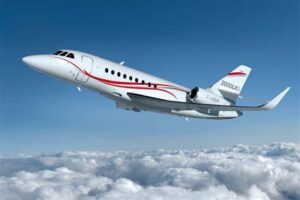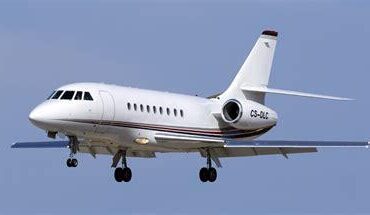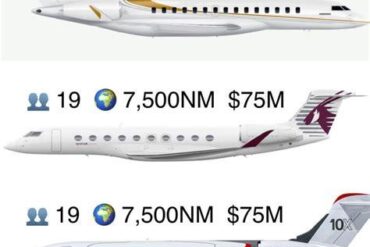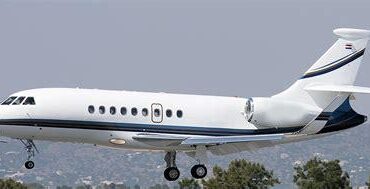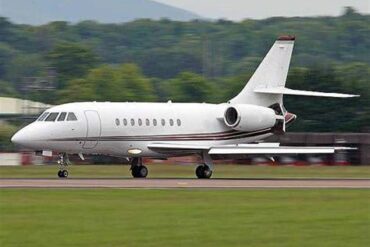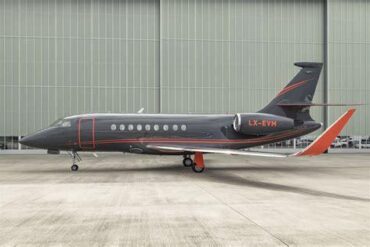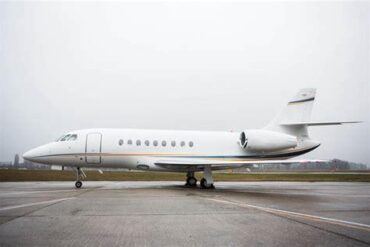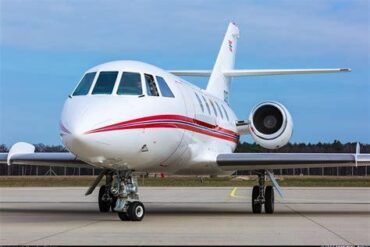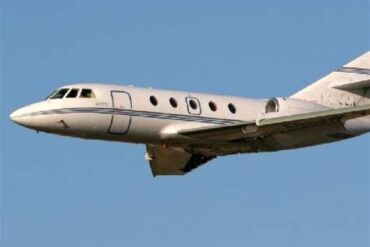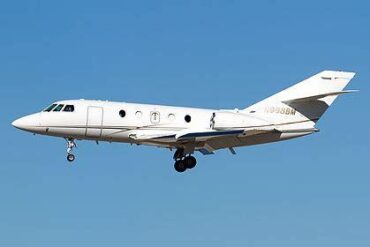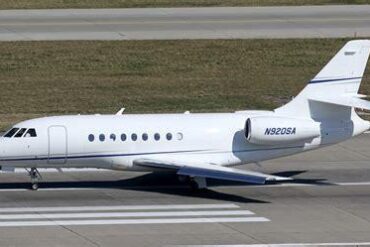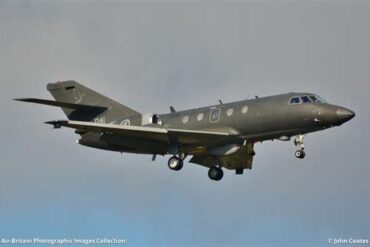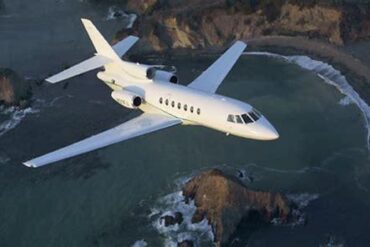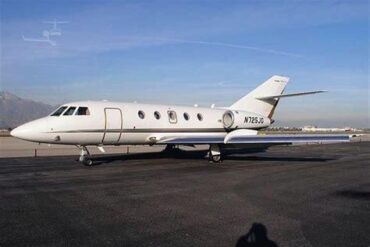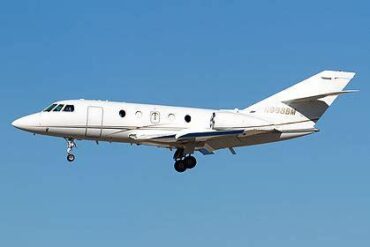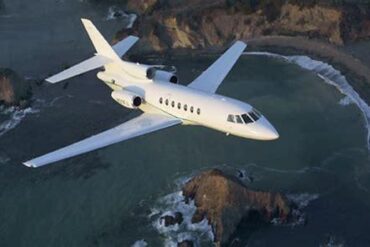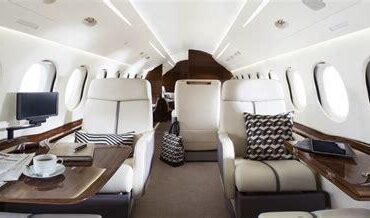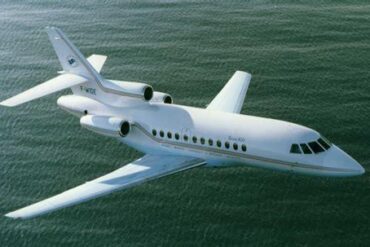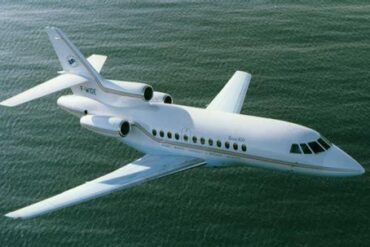The Dassault Falcon 2000LXS stands as a pinnacle of business aviation, combining cutting-edge technology with luxurious comfort. As companies and individuals increasingly seek efficient travel solutions, understanding the price and operating costs associated with this aircraft is crucial for informed decision-making.
Overview of the Dassault Falcon 2000LXS
The Falcon 2000LXS is an evolution of the renowned Falcon 2000 series, featuring enhanced performance capabilities and superior aerodynamics. With a maximum range of approximately 4,000 nautical miles, this twin-engine jet is engineered for transcontinental flights, allowing passengers to travel long distances without the need for frequent stops. The spacious cabin accommodates up to 10 passengers comfortably, making it ideal for both business and leisure trips. Its design incorporates advanced materials and technologies that not only enhance performance but also contribute to fuel efficiency.
Acquisition Cost of the Falcon 2000LXS
When considering the purchase price of a Dassault Falcon 2000LXS, potential buyers can expect to pay around $30 million for a new aircraft. However, prices can vary significantly based on factors such as customizations, avionics upgrades, and market conditions. Pre-owned models may offer more budget-friendly options, typically ranging from $10 million to $25 million, depending on age, condition, and added features.
Factors Influencing Purchase Price
-
Customization: Buyers often desire specific interior layouts, materials, and technology integrations, which can drive up the cost significantly.
-
Market Demand: Economic conditions and demand for private jets can influence pricing, with high demand potentially increasing acquisition costs.
-
Aircraft Condition: The age and maintenance history of a pre-owned Falcon 2000LXS are critical in determining its market value.
Operating Costs Breakdown
Operating costs encompass a variety of expenses associated with maintaining and flying the Falcon 2000LXS. A thorough understanding of these costs is essential for budgeting and financial planning.
1. Fuel Costs
Fuel consumption is one of the most significant operational expenses for any aircraft. The Falcon 2000LXS boasts a fuel burn rate of approximately 200 gallons per hour, translating to about $1,200 to $1,800 per hour, depending on fuel prices. Given the volatility of fuel costs, operators must stay informed about current market rates.
2. Maintenance Costs
Regular maintenance is crucial to ensuring safety and optimal performance. For the Falcon 2000LXS, annual maintenance costs can range between $150,000 and $250,000. This includes routine inspections, repairs, and parts replacement. Notably, major overhauls and inspections mandated by aviation authorities can add to these costs, emphasizing the importance of diligent upkeep.
3. Crew Salaries
Employing qualified crew members is vital for the safe operation of the Falcon 2000LXS. Depending on experience and location, salaries for pilots and flight attendants can amount to $150,000 to $300,000 annually per pilot, plus additional costs for training and certifications. This factor significantly impacts overall operating expenses.
4. Insurance Costs
Insurance is an unavoidable aspect of aircraft ownership. For the Falcon 2000LXS, annual insurance premiums typically range from $30,000 to $50,000, depending on coverage levels, pilot experience, and other risk factors. Ensuring comprehensive coverage is paramount to mitigating potential financial losses.
5. Hangar and Storage Fees
Storing the Falcon 2000LXS incurs additional costs. Hangar fees can vary widely based on location and facility but generally range from $1,000 to $3,000 per month. Choosing a suitable storage solution is essential for protecting the aircraft from environmental damage and wear.
6. Depreciation
Understanding depreciation is key to assessing the long-term financial implications of owning a Falcon 2000LXS. Typically, business jets depreciate at a rate of 5% to 10% per year, depending on market conditions and aircraft condition. This factor can significantly affect resale value and overall investment returns.
Total Operating Costs Estimate
Combining the aforementioned expenses provides a clearer picture of total operating costs. Based on average figures:
-
Fuel: $1,500/hour x 400 hours/year = $600,000
-
Maintenance: $200,000
-
Crew Salaries: $300,000
-
Insurance: $40,000
-
Hangar Fees: $2,000/month x 12 = $24,000
-
Depreciation: $1,500,000 (over five years)
Estimated Total Annual Operating Costs: $2,684,000
This estimate provides a foundational understanding of the financial commitment associated with operating a Falcon 2000LXS. Individual circumstances may vary, necessitating a tailored analysis for specific operational contexts.
Comparative Analysis with Competitors
In the realm of business jets, the Falcon 2000LXS competes with several notable aircraft, including the Bombardier Challenger 350 and the Gulfstream G280. Each model presents unique advantages, influencing buyers’ decisions based on budget and operational needs.
Performance and Range Comparison
-
Falcon 2000LXS: 4,000 nautical miles, cruising speed of 480 knots.
-
Challenger 350: 3,600 nautical miles, cruising speed of 450 knots.
-
Gulfstream G280: 3,600 nautical miles, cruising speed of 482 knots.
Cost of Ownership
While initial purchase prices may vary, the Falcon 2000LXS typically offers lower operating costs compared to its competitors, primarily due to its fuel efficiency and maintenance programs. This factor can make it a more attractive option for long-term ownership.
Conclusion
The Dassault Falcon 2000LXS represents a compelling choice for discerning travelers seeking a blend of performance, luxury, and operational efficiency. Understanding the purchase price and operating costs is paramount for prospective buyers. With a total estimated annual operating cost of approximately $2.68 million, alongside a competitive acquisition price, the Falcon 2000LXS positions itself as a valuable investment in the world of business aviation. By considering all these factors, buyers can make informed decisions that align with their travel needs and financial objectives.
